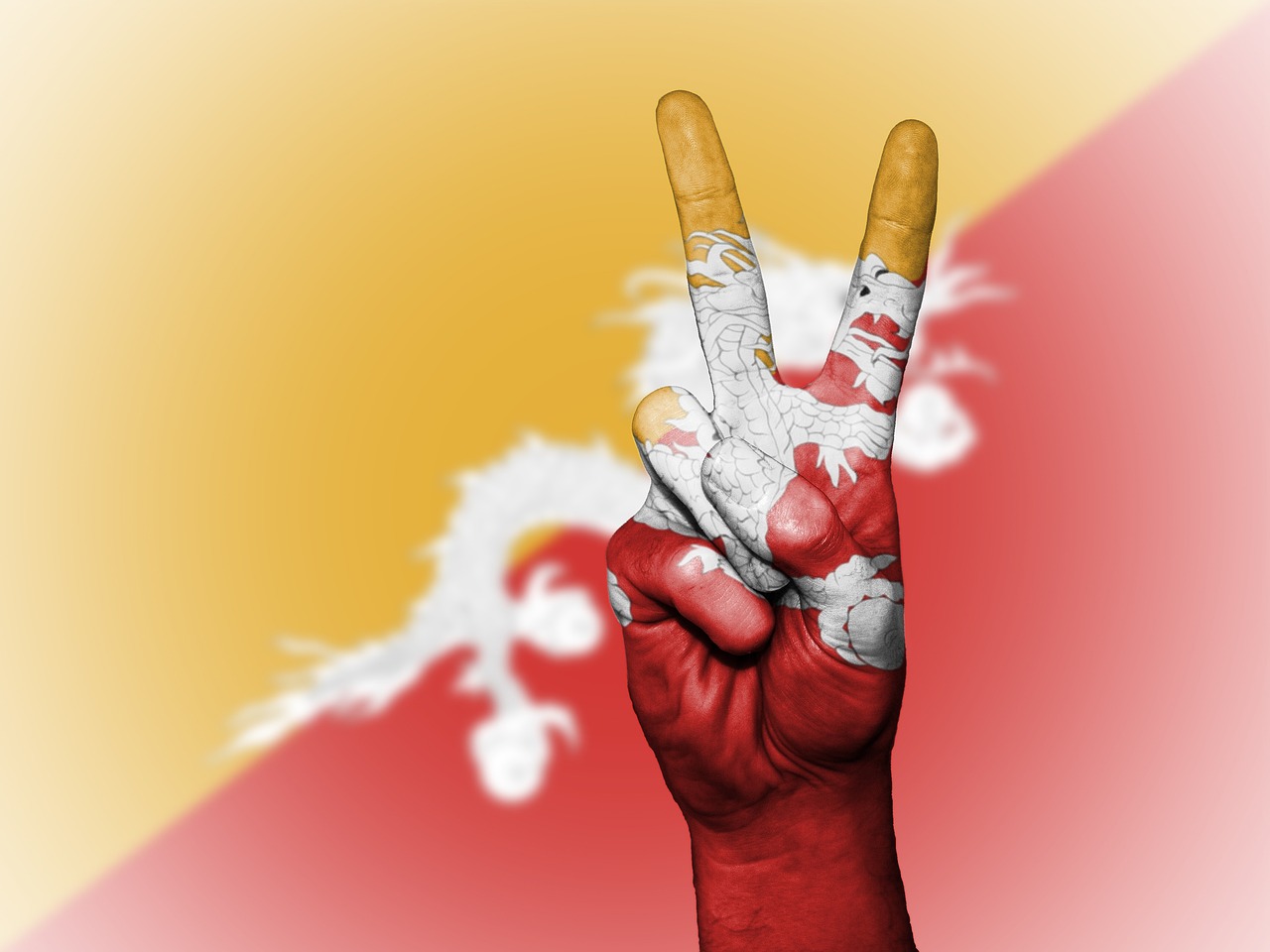
BHUTAN BELIEVES IN GROSS NATIONAL HAPPINESS
“Today, GNH has come to mean so many things to so many people but to me, it signifies simply – Development with Values. Thus for my nation, today GNH is the bridge between the fundamental values of kindness, equality and, humanity and the necessary pursuit of economic growth.”
– His Majesty King Jigme Khesar Namgyel Wangchuck
History
The Bhutanese government is guided by the concept of gross national happiness (GNH), also known as gross domestic happiness (GDH). It contains an index that is used to gauge a population’s general contentment and wellbeing. The Bhutanese Constitution, which came into effect on July 18, 2008, establishes the Gross National Happiness Index as the government of Bhutan’s primary objective.
The idea of “Gross National Happiness” (GNH) was developed in the mind of Bodhisattva Druk Gyelpo, Jigme Singye Wangchuk, the fourth king of Bhutan, along with “Gaki Phuensum” (Peace and Prosperity) and Bhutan’s modernization era during the rule of Druk Gyelpo, Jigme Dorji Wangchuk.
The fourth king of Bhutan, Jigme Singye Wangchuck, coined the phrase “Gross National Happiness,” which was deemed “more essential than Gross Domestic Product” in 1972.
The idea suggests that sustainable development should approach ideas of progress holistically and give non-economic aspects of wellbeing similar weight.The UN General Assembly approved resolution 65/309 in 2011 titled “Happiness: Toward a Holistic Approach to Development,” urging member countries to pursue happiness.


Definition
GNH is distinguishable from Gross Domestic Product by valuing collective happiness as the goal of governance, by emphasizing harmony with nature and traditional values as expressed in the 9 domains of happiness and 4 pillars of GNH. According to the Bhutanese government, the four pillars of GNH are:
- sustainable and equitable socio-economic development;
- environmental conservation;
- preservation and promotion of culture; and
- good governance.
The nine domains of GNH are psychological well-being, health, time use, education, cultural diversity and resilience, good governance, community vitality, ecological diversity and resilience, and living standards. Each domain is composed of subjective (survey-based) and objective indicators. The domains weigh equally but the indicators within each domain differ by weigh.

HISTORY
Bhutan’s early history is steeped in mythology and remains obscure. It may have been inhabited as early as 2000 B.C., but not much was known until the introduction of Tibetan Buddhism in the 9th century A.D. when turmoil in Tibet forced many monks to flee to Bhutan. In the 12th century A.D., the Drukpa Kagyupa school was established and remains the dominant form of Buddhism in Bhutan today. The country’s political history is intimately tied to its religious history and the relations among the various monastic schools and monasteries.
The consolidation of Bhutan occurred in 1616 when Ngawana Namgyal, a lama from Tibet, defeated three Tibetan invasions, subjugated rival religious schools, codified an intricate and comprehensive system of law, and established himself as ruler (zhabdrung) over a system of ecclesiastical and civil administrators. After his death, infighting and civil war eroded the power of the zhabdrung for the next 200 years when in 1885, Ugyen Wangchuck was able to consolidate power and cultivated closer ties with the British in India.
In 1907, Ugyen Wangchuck was elected as the hereditary ruler of Bhutan, crowned on December 17, 1907, and installed as the head of state Druk Gyalpo (Dragon King). In 1910, King Ugyen and the British signed the Treaty of Punakha which provided that British India would not interfere in the internal affairs of Bhutan if the country accepted external advice in its external relations. When Ugyen Wangchuck died in 1926, his son Jigme Wangchuck became the next ruler, and when India gained independence in 1947, the new Indian Government recognized Bhutan as an independent country. In 1949, India and Bhutan signed the Treaty of Peace and Friendship, which provided that India would not interfere in Bhutan’s internal affairs but would be guided by India in its foreign policy. Succeeded in 1952 by his son Jigme Dorji Wangchuck, Bhutan began to slowly emerge from its isolation and began a program of planned development. Bhutan became a member of the United Nations in 1971, and during his tenure the National Assembly was established and a new code of law, as well as the Royal Bhutanese Army and the High Court.
In 1972, Jigme Singye Wanchuck ascended the throne at age 16. He emphasized modern education, decentralization of governance, the development of hydroelectricity and tourism and improvements in rural developments. He was perhaps best known internationally for his overarching development philosophy of “Gross National Happiness.” It recognizes that there are many dimensions to development and that economic goals alone are not sufficient. Satisfied with Bhutan’s transitioning democratization process, he abdicated in December 2006 rather than wait until the promulgation of the new constitution in 2008. His son, Jigme Khesar Namgvel Wangchuck, became King upon his abdication.
